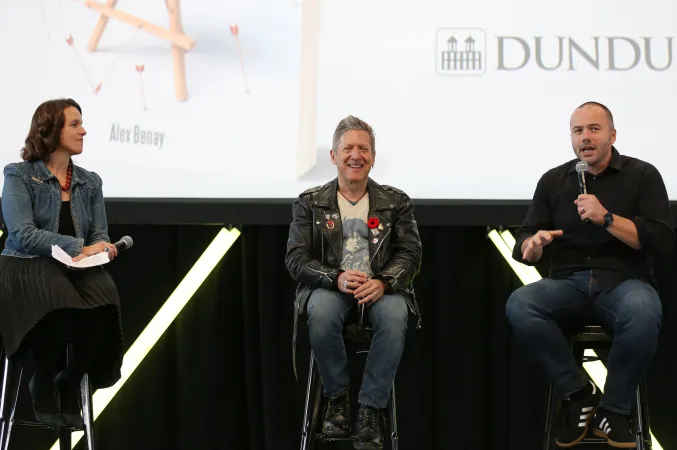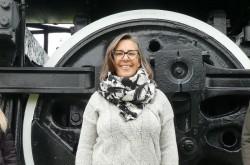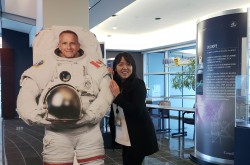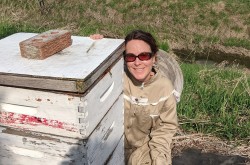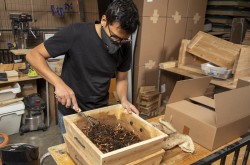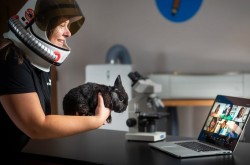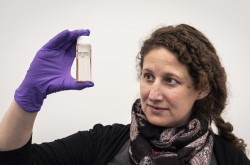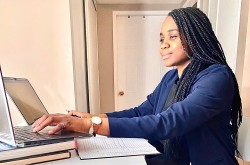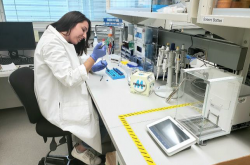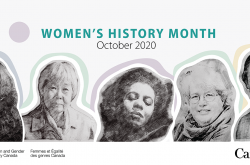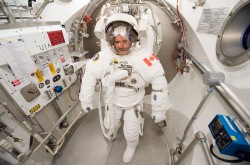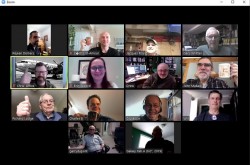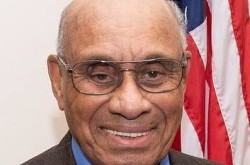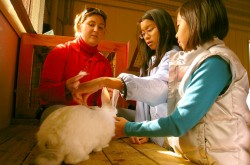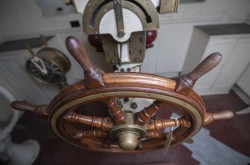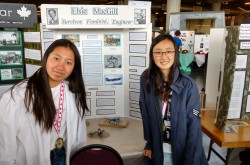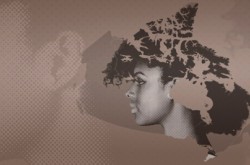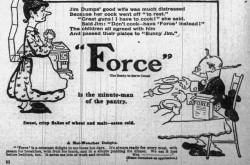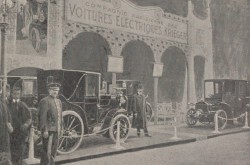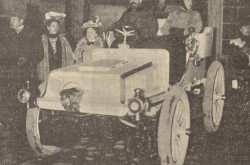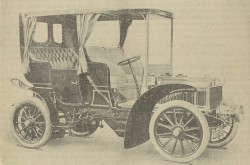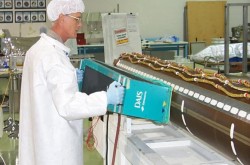New book celebrates the upside of failure
Canadians need to learn how to embrace their failures – and use them as opportunities to grow and learn – rather than sweeping them under the rug.
That’s the key message in Canadian Failures: Stories of Building Toward Success, a new book by Alex Benay, Chief Information Officer of the Government of Canada.
“Personally speaking, I just don’t think we talk about failure enough to get better,” says Benay in a candid interview about his book and the unique approach behind it. “The process was to get a different lens by a whole bunch of different authors, talking about their personal failures as much as possible in the context of their sector – so sports or space or science or business – and then give a different light to Canada through failure.”
Through 10 contributed stories from well-known Canadians – including astronaut Robert Thirsk, Olympic gold medalist Erica Wiebe, and Just for Laughs festival co-founder Andy Nulman – the book explores what it means to fail. Time and time again, these stories illustrate how failure can be vital to finding success.
“If you look at some of the chapters like Robert Thirsk, he’ll talk about, ‘Well, I had to fail 50 times a day in training, to make sure I didn’t die in space,’” says Benay.
Canadian Failures points out that these aren’t the stories we often hear about – particularly in our national institutions and museums. Benay says his inspiration for the book came back when he was president and CEO of the Canada Science and Technology Museums Corporation – which has since rebranded as Ingenium – Canada’s Museums of Science and Innovation.
“The museum artifacts are all about the successes of that particular ingenuity – not necessarily talking about the fact that to get to that particular point, there were probably 1,000 botched attempts before that,” says Benay of the Canada Science and Technology Museum, which is one of three museums under the umbrella of Ingenium. “We never talk about the botched attempts; we don’t necessarily talk about science or technology or innovation as a process – where there have been a lot of things that have failed.”
Benay says he hopes that acknowledging Canada’s weaknesses within the science and technology sector will ultimately help us to improve.
“There’s a lot of areas where Canada is really sh**ty in science and tech,” he says. “We suck at commercialization of ideas, our women in tech ratio is one of the worst in the developed world, our Indigenous populations are not connected enough to all of this.”
His book – and the conversations he hopes will come out of it – are an opportunity for growth.
“There’s a lot of shortcomings in that particular sector to talk about,” he says. “For me, it [the book] was an important way to have a conversation about it, and not try to hide and not try to sugarcoat anything.”
In the Canadian educational system, Benay believes there’s work to be done to encourage kids to experiment and take risks – particularly when it comes to the science curriculum.
“I don’t know about you, but in my science classes it was like, ‘Here’s a pre-cooked experiment that will take you to a desired end point,’” says Benay. “That’s actually the polar opposite of what science is once you get out of high school. We need to be able to say, ‘If you’re in science and technology, 99 per cent of your life will be a screw up, and the other one per cent is what cures cancer.’”
Today, with universities collaborating in a way they never used to, Benay says we need to adjust school science programming to highlight exploration, collaboration, and inclusiveness. This, he says, will better equip our kids for a multi-disciplinary approach in the workplace.

“Even in my field – in tech – I have anthropologists on my team, I have psychologists, I have behavioural scientists, and I have developers,” says Benay. “It’s a series of different perspectives – and I don’t think the multi-disciplinary team approach is being taught in schools.”
Published by Dundurn Press, Canadian Failures is available from Indigo, Amazon, iTunes, and the boutique at the Canada Science and Technology Museum. It is also available as a French ebook with the title, Des Canadiens à l'épreuve : Histoires d'échecs qui ont mené à la réussite.
In fall 2018, Benay plans to release his second book – this time tackling the subject of digital government.
“This book will talk about how government has to be digital to move forward, and in a lot of cases it’s not,” says Benay. “It will have more of a global audience – and will include submissions from authors in Estonia, the US, the UK, Canada, and France.”



